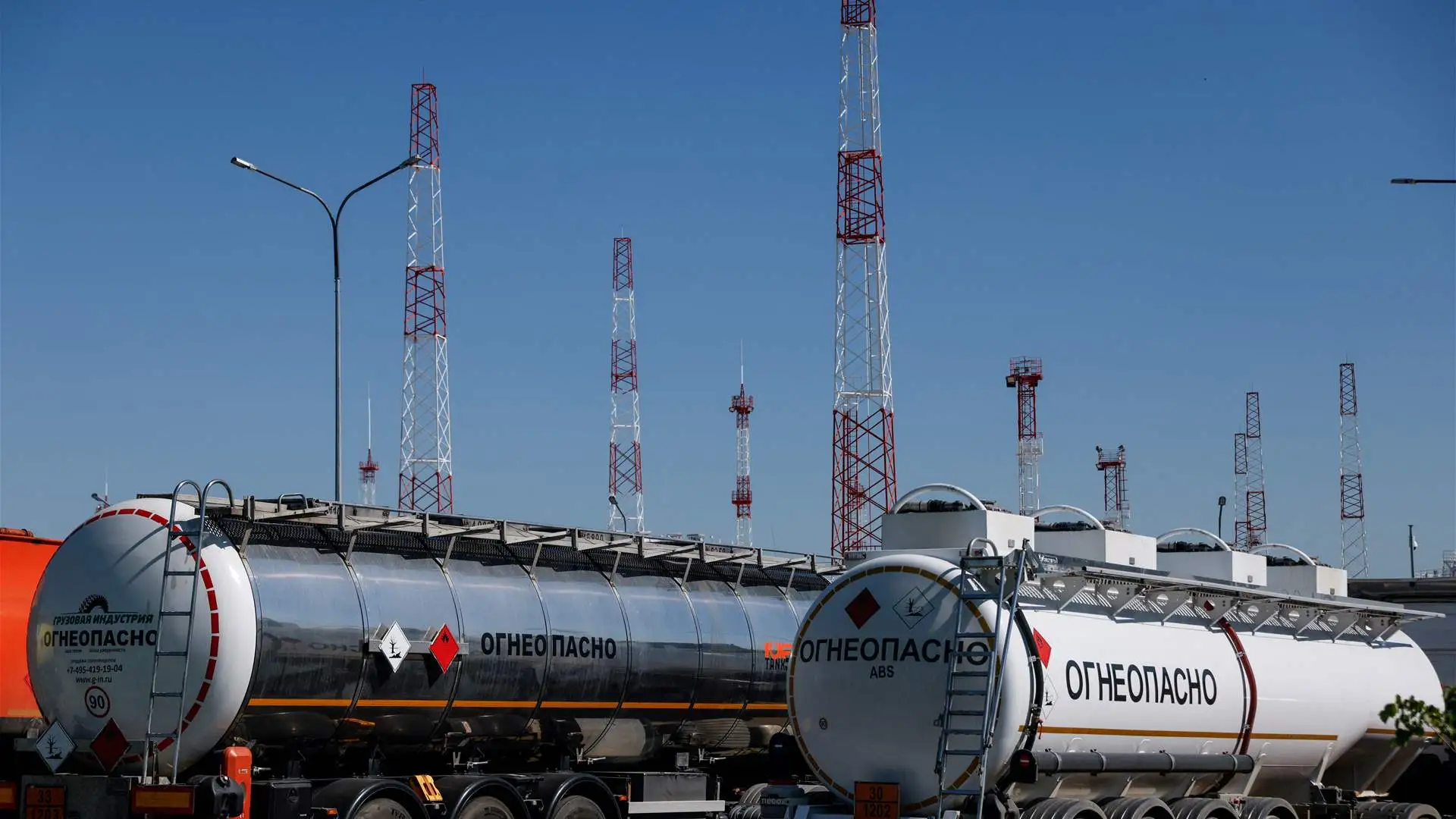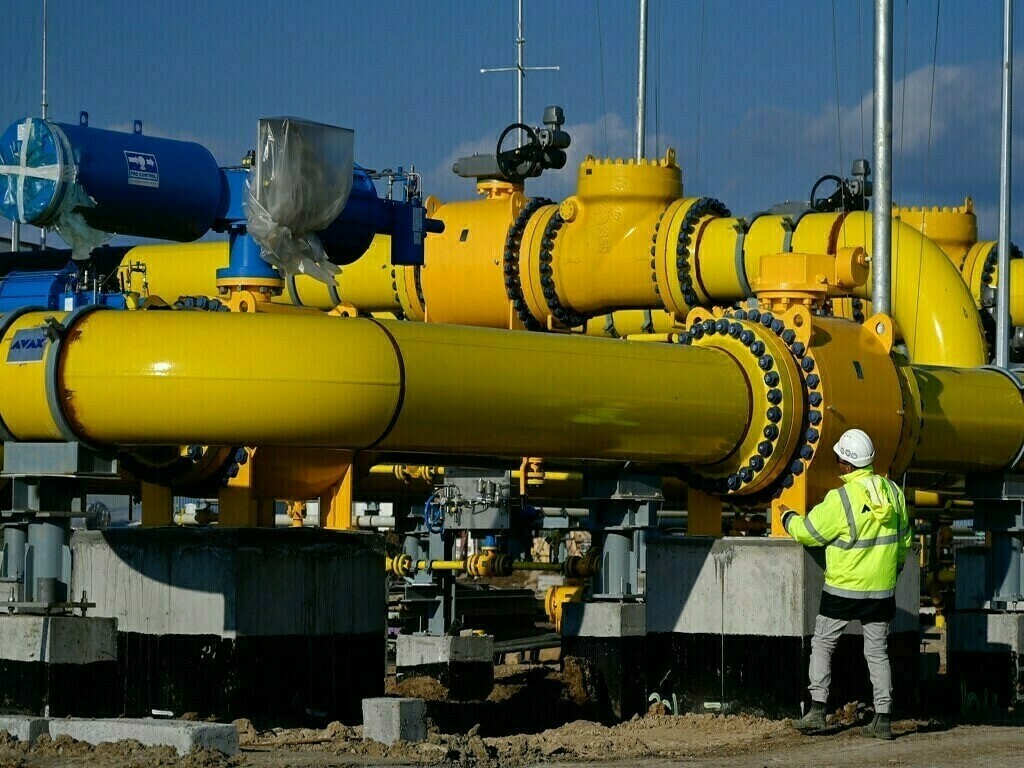
Table of Content
▼Russia on Tuesday ordered a six-month ban on gasoline exports from March 1 to keep prices stable amid rising demand from consumers and farmers and allow for maintenance of refineries in the world's second-largest oil exporter.
A spokeswoman for Deputy Prime Minister Alexander Novak, President Vladimir Putin's point man in Russia's massive energy sector, confirmed the ban, which was first reported by Russian broadcaster RBC.
Prime Minister Mikhail Mishustin approved the ban after Novak proposed it in a letter dated February 21, RBC said, citing an unidentified source.
“To compensate for the excessive demand for petroleum products, it is necessary to take measures that will help stabilize prices on the domestic market,” Novak said in his proposal to RBC.
Domestic gasoline prices are sensitive for motorists and farmers in the world's largest wheat exporter ahead of presidential elections scheduled for March 15-17, while some Russian refineries have been subjected to attacks by Ukrainian drones in recent months.
Russia and Ukraine have targeted each other's energy infrastructure in a bid to disrupt supply lines and logistics and demoralize their opponents, as they seek the edge in a nearly two-year-old conflict that shows no sign of ending.
Exports of oil, oil products and gas are Russia's largest exports ever, and are a major source of foreign exchange revenues for Russia's $1.9 trillion economy, ensuring Moscow a place at the top of global energy policy.
The Kremlin has been working with Saudi Arabia, the world's largest oil exporter, to keep prices high as part of the broader OPEC+ group that includes the Organization of the Petroleum Exporting Countries and key allies.

Russia is already voluntarily cutting its oil and fuel exports by 500,000 barrels per day in the first quarter as part of OPEC+ efforts to support prices.
GASOLINE
The largest gasoline producers in Russia in 2023 are Gazprom Neft's Omsk refinery, Lukoil's Norsi oil refinery in Nizhny Novgorod, and Rosneft's Ryazan refinery.
In 2023, Russia produced 43.9 million tons of gasoline, and exported about 5.76 million tons, or about 13% of its production. The largest importers of Russian gasoline are mainly African countries, including Nigeria, Libya and Tunisia, as well as the United Arab Emirates.
Last month, Russia reduced gasoline exports to non-Commonwealth of Independent States countries to compensate for unplanned repairs at refineries amid fires and drone attacks on its energy infrastructure.
The outages include the shutdown of a unit at NORSI, the country's fourth-largest refinery, located near the city of Nizhny Novgorod, about 430 kilometers (270 miles) east of Moscow, following what is believed to be a technical accident.
Last year, Russia banned gasoline exports between September and November to address high domestic prices and shortages.
This time, the ban will not extend to the member states of the Eurasian Economic Union, Mongolia, Uzbekistan, and two Russian-backed separatist regions in Georgia: South Ossetia and Abkhazia.
Also Read: HPCL orders 1500 DC chargers from Servotech
Neha Mehlawat
Neha Mehlawat is an automotive journalist and industry analyst with 10+ years of experience covering cars, bikes, and mobility trends. She tracks the latest launches, technology upgrades, and policy changes in the auto sector, delivering sharp insights that help readers stay ahead in the fast-evolving world of automobiles.

_1771309956.webp)
_1770973085.webp)


